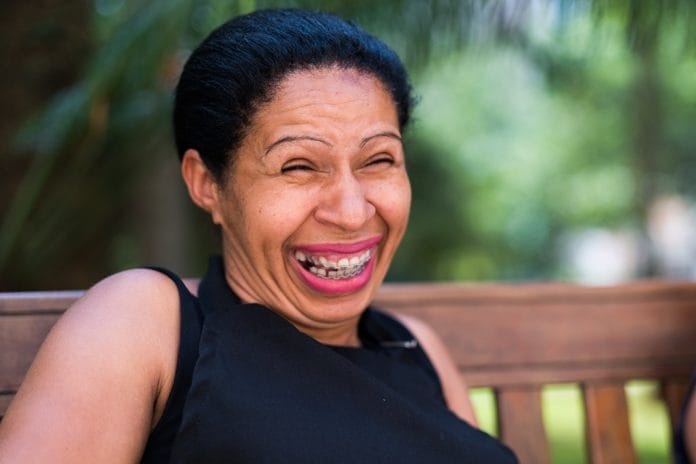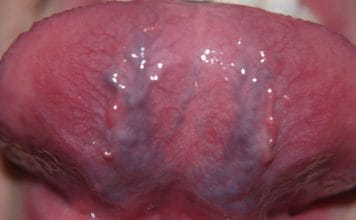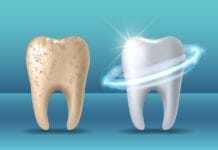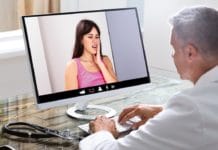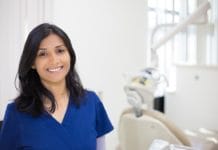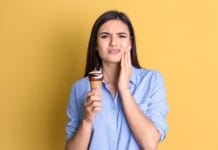It is no secret there is a need for quality dental care worldwide. Many areas, both nationally and internationally, are in dire need for preventative and restorative dental care and do not have the professional workforce to provide care. For some of us, it’s easy to lose sight of how impactful our skill set can be. By sharing my story of what it is like to provide dental care in an international clinic, I hope it makes you realize how important and powerful our treatment truly is for many people.
A few years into practicing, I was beginning to feel restless. The aches and pains had set in, and I was discouraged. I was wondering if my work as a hygienist was as impacting as I thought it should be. I knew I was helping my patients’ health, but the work seemed to go unappreciated. Often, patients just wanted a “quick cleaning,” and I started to feel like I was on repeat for eight hours a day.
Discouraged, I started scrolling through a dental hygiene publication on social media when I saw a post about an organization who needed a hygienist to go to Guatemala as part of a medical and dental mission. The clinic was up in the mountains, out of the city, and the team consisted of surgeons, nurses, general doctors, dentists, assistants, and hygienists. I was sold and took action!
The next thing I knew, I was accepted and was coordinating with the other two hygienists on the trip. We reached out to our doctors and doctors in the area, who donated masks, gloves, prophy angles, paste, and instruments. One even donated a portable sterilizer, which was a huge help to us. We left for Guatemala, and upon arrival, started setting up our hygiene clinic. The clinic was used for multiple medical organizations throughout the year, so it was set up with different wings for different specialties. The housing for providers was a mere 1-minute walk away, which was very convenient.
The day started with breakfast with the whole team, provided by the family of the doctors and providers who came along. We would say what we were thankful for and end the meeting with a short prayer that we would be able to change some lives that day. Afterward, we would head off to our prospective areas. Patients would see the dentist for exams first, then would bring a form to us with any allergies, medical conditions, and any important information. This was essential, as none of us spoke fluent Spanish, so the bilingual doctor heading up the appointment was very helpful.
We couldn’t communicate verbally well with the patients, which was admittedly frustrating. I was used to being able to obtain a good understanding of patients current homecare, then give instructions based on that and the health of their gingiva. Unfortunately, as many hygienists have experienced, the language barrier can make OHI tricky. We used hand signals and demonstrated flossing and proper brushing technique with handheld mirrors.
The clinic ran smoothly and efficiently, with everyone working hard the whole time. There were challenges outside of the language barrier, however. Some of the patients had never seen a dentist, much less owned a toothbrush throughout their lives. It was heartbreaking, and as a hygienist, you want so badly to be able to fix patients’ problems and communicate how to take care of their teeth.
However, with this heartbreak came incredible joy when the patients saw their smiles. I have truly never experienced such thankfulness from patients. We didn’t just “clean their teeth,” we impacted their lives in a positive way that was so happily received. Many patients left the clinic with tears of joy, thanking us profusely for cleaning their teeth and showing them how to use their new manual brushes and toothpaste.
I remember one patient in particular. She was a 24-year-old female, with calculus build up which was visible on her teeth when she smiled. She was embarrassed by it, and when she walked into the dental hygiene operatory, was visibly excited! To this day, I have never seen someone as excited as she was to get her cleaning. At the end of the week, we had seen over 1,100 patients for their hygiene visits. It was a truly rewarding experience, and I left with a newfound love of dental hygiene.
In conclusion, after years in private practice, as many hygienists can relate to, the burnout starts to set in. Work goes unappreciated, hours get cut, aches start to develop, and it is easy to lose sight of why we chose dental hygiene in the first place. Although there is no “easy fix” to burnout, one way of reigniting a love for clinical practice is by giving back. After years in private practice, I have found the occasional volunteer mission immediately makes me grateful to be a hygienist, and know that my work can truly make a difference.
I would highly encourage every hygienist to get involved with outreach. It will change the way you view your clinical work. We have the skills to make smiles healthy, boost peoples’ confidence, and change lives! It is important never to lose sight of how impactful and powerful dental hygienists can be!
SEE ALSO: The Forensic Puzzle: How Dental Professionals Play a Vital Role in the World of Forensics
DON’T MISS: Mentorship in Dental Hygiene

